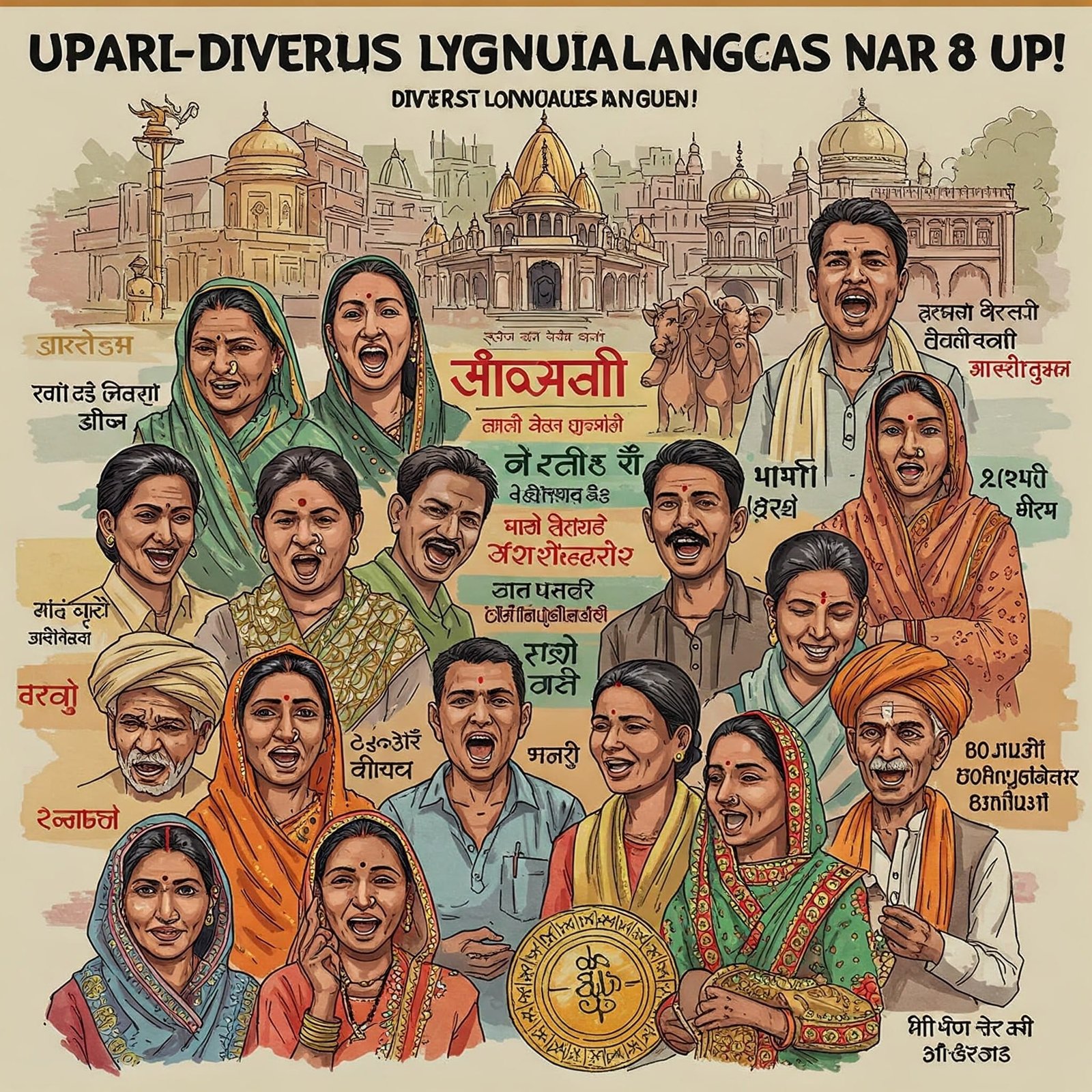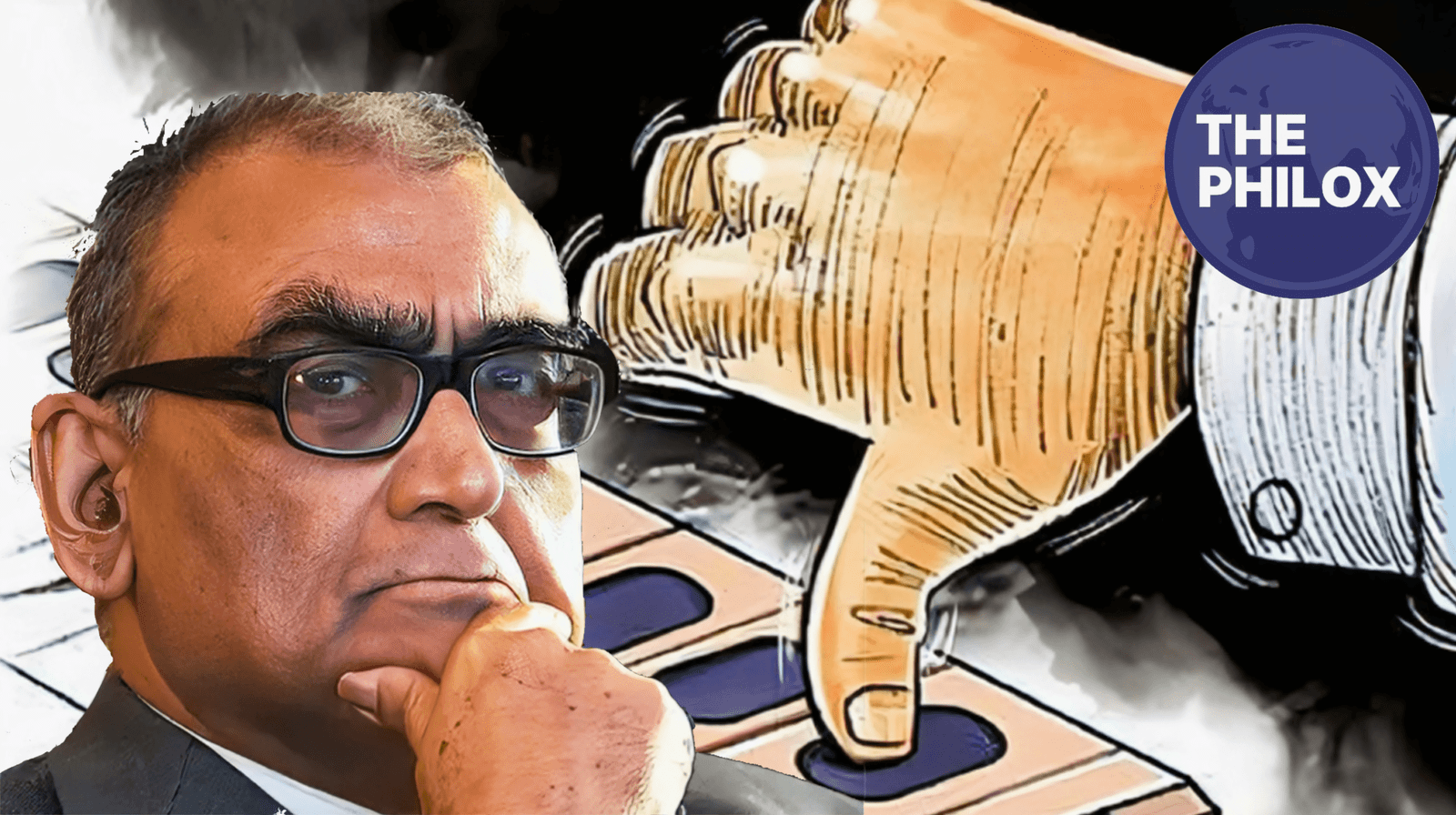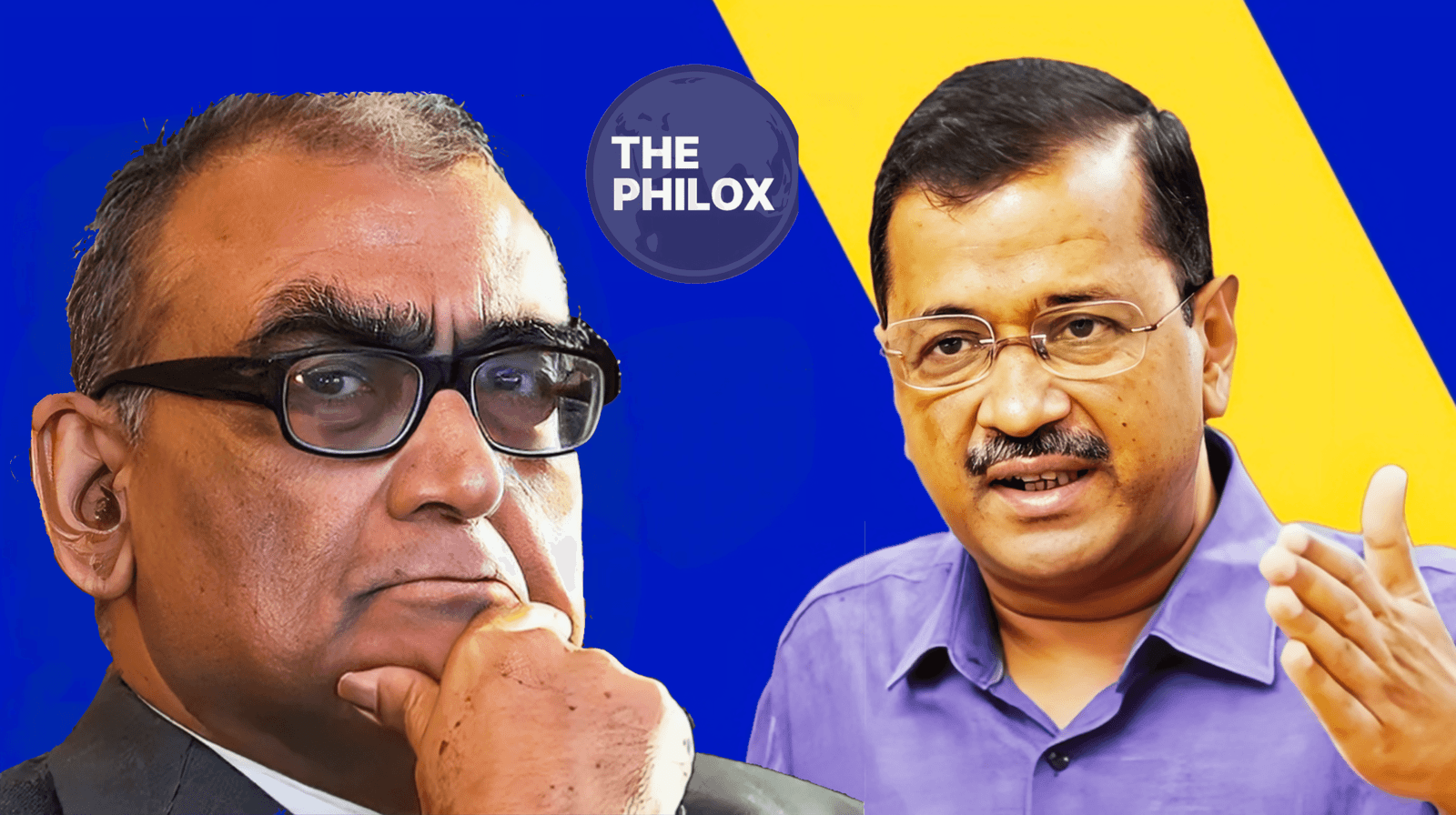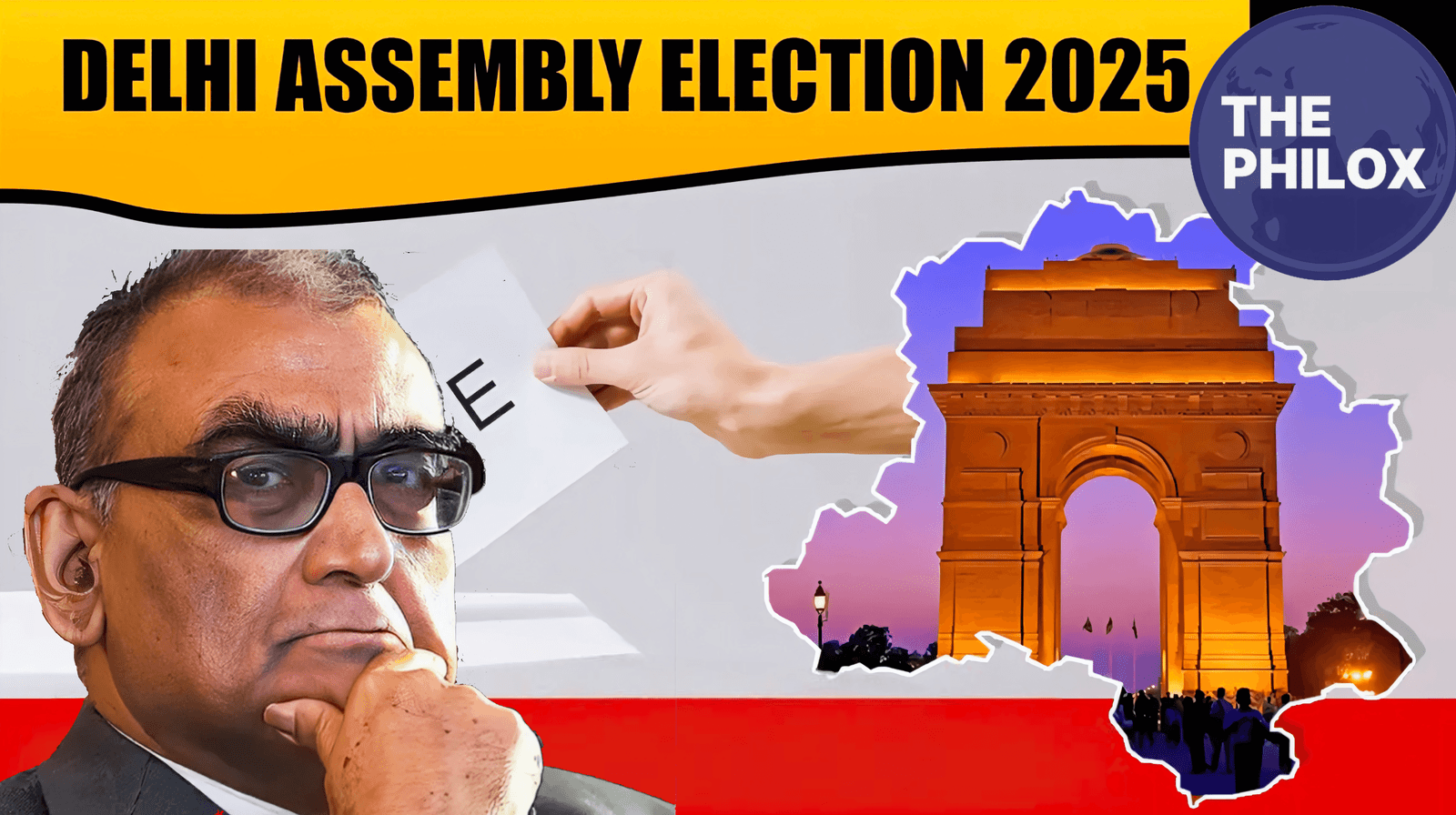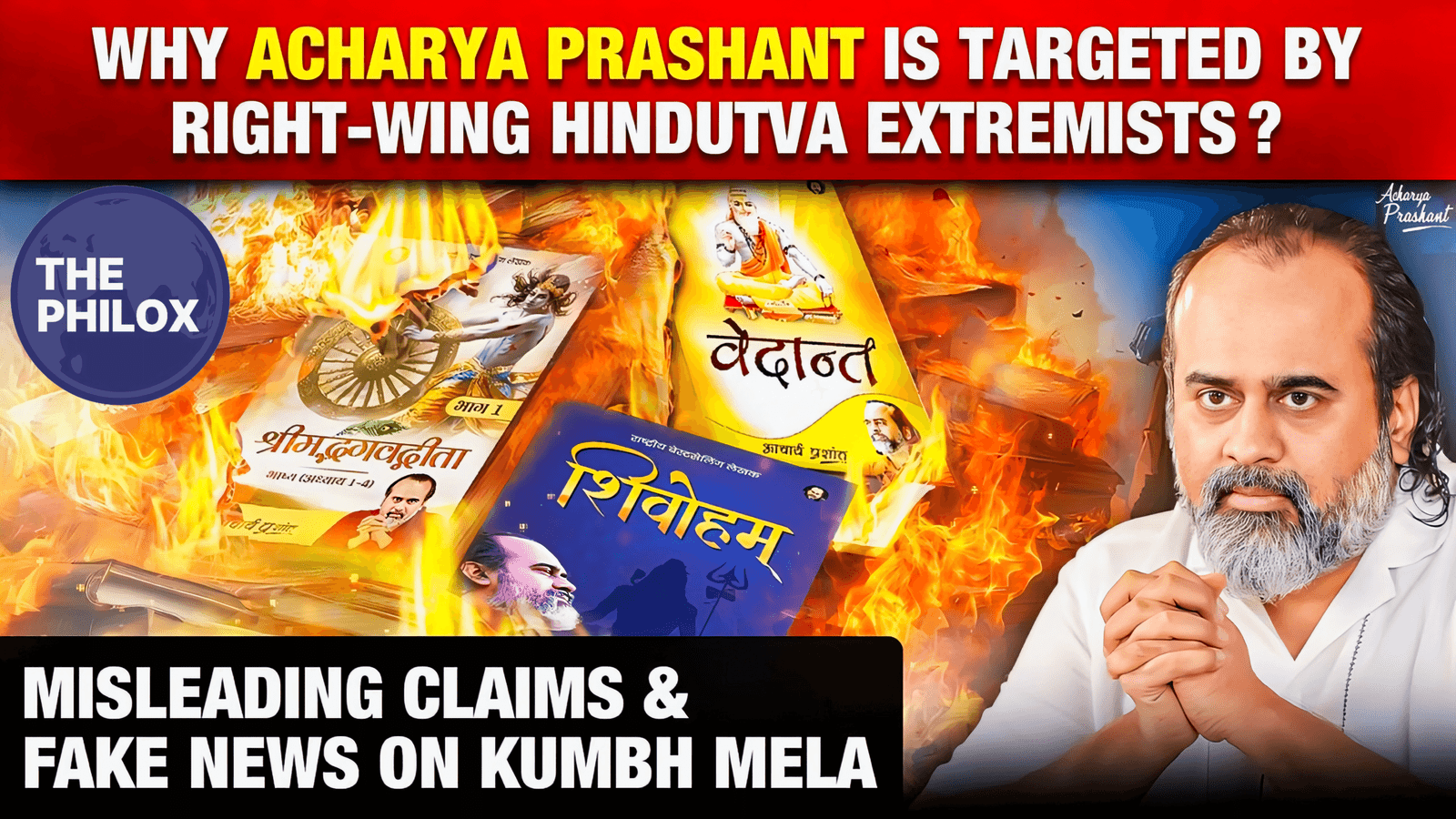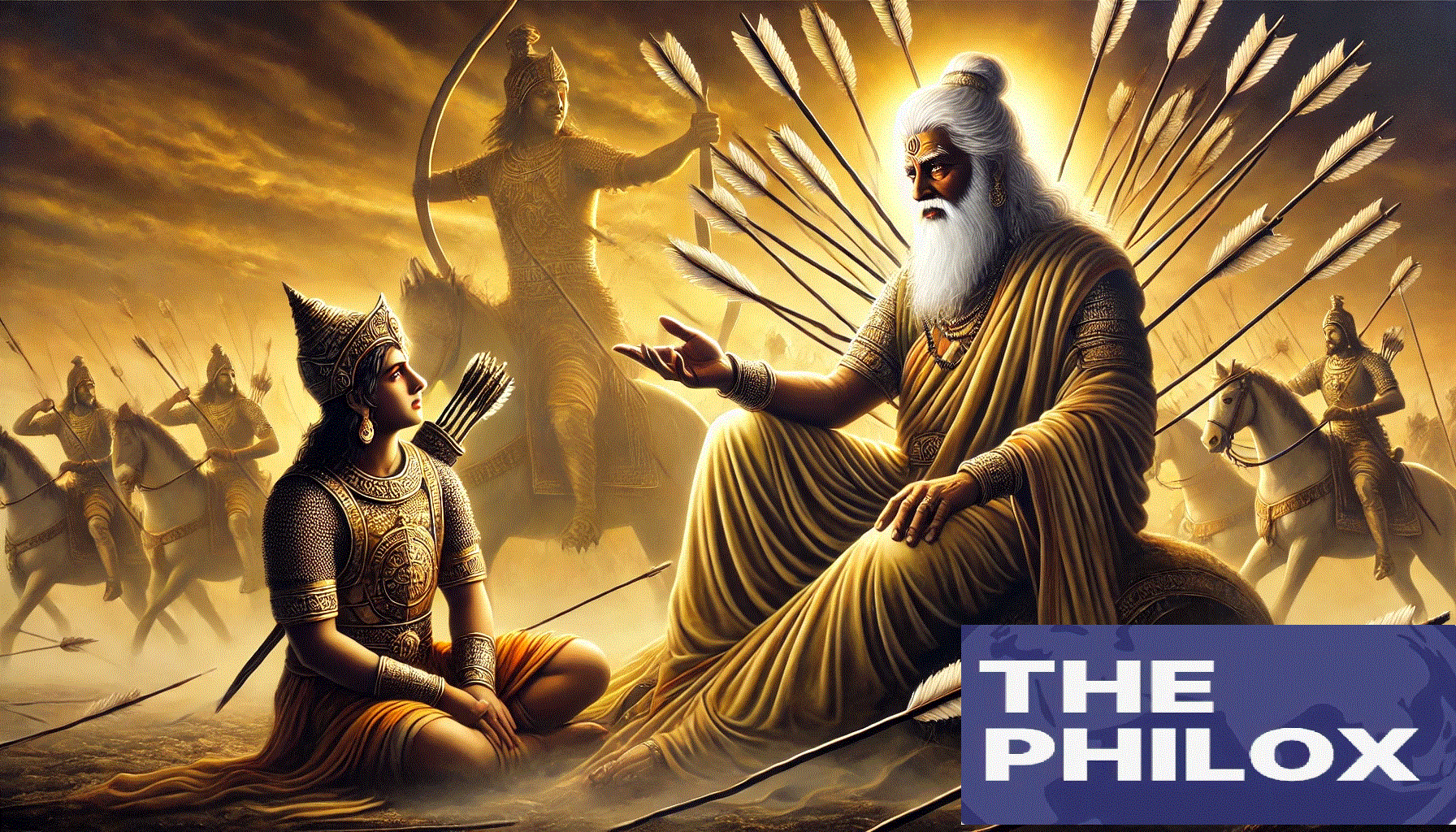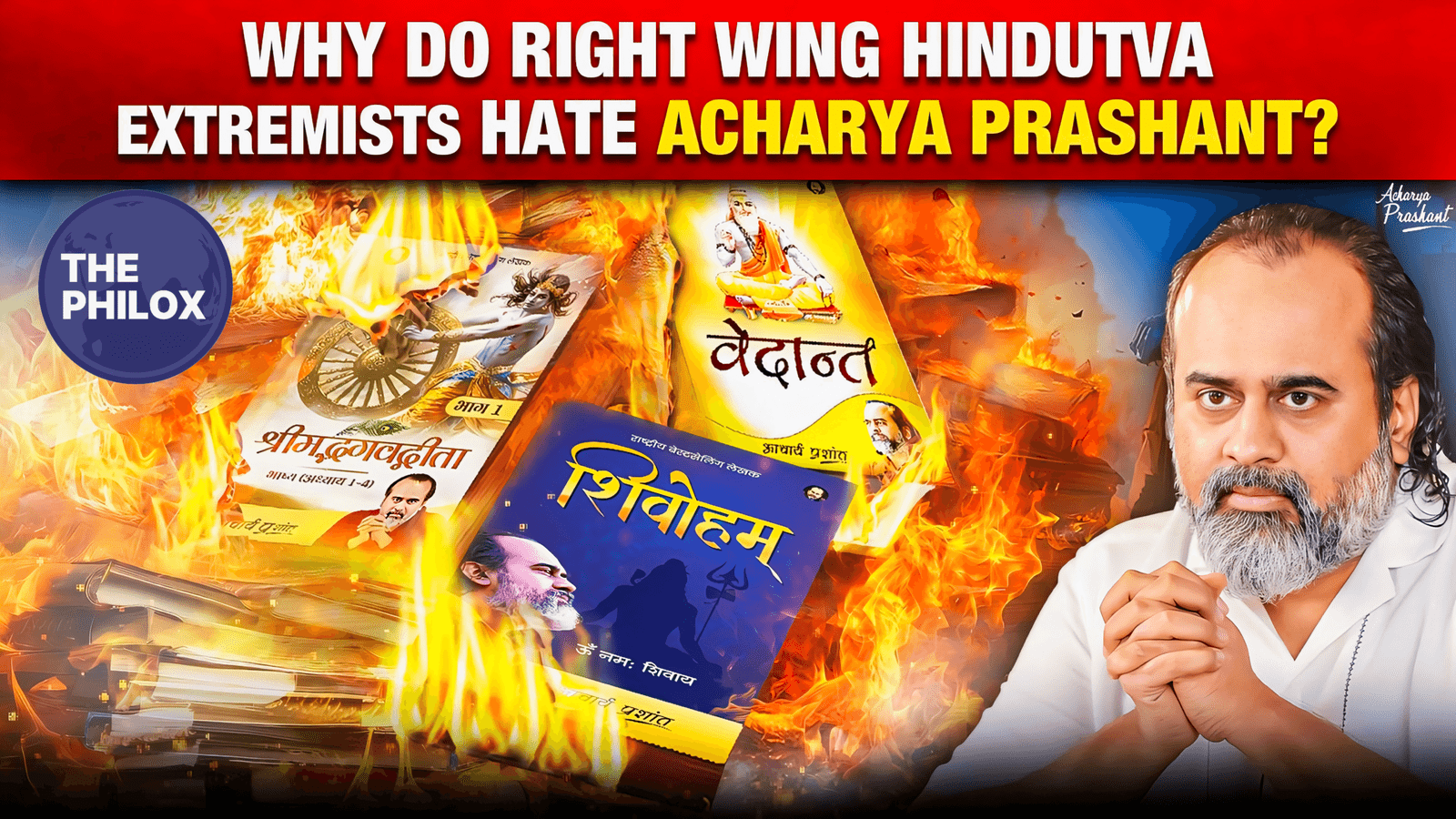The Bharatiya Janata Party (BJP) faced a setback in the 2024 parliamentary elections, losing its absolute majority with seats dropping from 303 to 240. Despite predictions of decline, the BJP demonstrated resilience by sweeping subsequent state elections in Maharashtra, Uttar Pradesh, Haryana, and Delhi, regaining power after 27 years in the latter. This resurgence is attributed to the BJP’s Hindutva ideology, appealing to India’s 80% Hindu population, while opposition parties struggle to offer a compelling alternative, often perceived as chasing Muslim votes. As long as India’s democratic framework persists, the BJP’s electoral dominance seems likely to continue.
Category: Opinion
Studying MBBS in a Foreign Country Can Lead to Years of Struggle and Uncertainty
Because of limited medical seats in India, many Indian students think of pursuing MBBS overseas; yet, this choice presents major difficulties. The language barrier is one of the main obstacles since many nations want students to study Mandarin or Russian before starting their medical school. This by itself adds another year to the course’s length. Since foreign graduates must additionally complete a required two to three-year internship upon returning to India, the total time to complete MBBS overseas usually runs eight or nine years. Many of the pupils are already 27 or 28 years old by the time they qualify to practise. Moreover, passing the Foreign Medical Graduate Examination (FMGE) is a big challenge with a poor success rate of just about 10 to 15 percent. Apart from intellectual difficulties, students frequently battle with transitioning to a new culture, diet, and living surroundings, which can affect their mental health. Although first seem less expensive financially, studying overseas can be expensive depending on lodging, food, and licencing tests. Given these challenges, most of the time an MBBS overseas is not worth the time, effort, and uncertainty required.
From Mouse to Tiger and back By Justice Katju
The article “Punah Mooshak Bhav” by Justice Katju draws a parallel between an ancient Sanskrit tale and the political trajectory of Arvind Kejriwal, former Chief Minister of Delhi. The story narrates a mouse’s repeated transformations into more powerful creatures at the behest of a saint, only to revert to its original form after displaying ingratitude. Similarly, Kejriwal rose from a modest anti-corruption crusader, riding Anna Hazare’s movement, to a powerful political figure leading the Aam Aadmi Party (AAP). However, his tenure as Chief Minister was marred by allegations of corruption, extravagant spending (e.g., the “Sheesh Mahal”), and political U-turns, culminating in a significant electoral defeat in the 2025 Delhi Assembly elections. The article critiques Kejriwal’s lack of scientific vision and portrays his fall—losing his position and facing criminal cases—as a return to his metaphorical “mouse” state, emphasizing the transient nature of power devoid of integrity.
Languages of UP By Justice Katju
Justice Markandey Katju, a former Supreme Court judge of India, has actively discussed the misconceptions surrounding the Urdu language in India. He argues that Urdu, often mistakenly seen as a language exclusive to Muslims, is fundamentally secular and was historically spoken by educated individuals across various communities until 1947. Katju criticizes political statements that associate Urdu with religious identity, emphasizing that in its essence, Urdu shares a commonality with Hindi, particularly in its use of Hindustani verbs. He highlights the British colonial policy as a root cause of the linguistic divide, advocating for a broader recognition of Urdu’s secular and inclusive nature in modern India.
Why is China far ahead of India economically ?
Complete destruction of feudalism and freedom from foreign interference is essential for the rapid economic growth of a country. This was achieved by the leaders who came to power in China in 1949. Landlordism was totally eradicated, and the ‘Unequal Treaties’ which the imperialist foreign countries had forced the Chinese to sign, were scrapped.
My interaction with a Pakistani lady By Justice Katju
The fact that he is unusual is the reason he is noticed by the public and he has a track record as a philanthropist and an upright leader with integrity spanning some 30-40 years. The masses appreciate bravery even though it is foolish specially when it comes from someone who has stood by them on the ground, most notably in providing free healthcare in a country where doctors usually advise to let the patient die because it is a matter of spending money on a patient who is going to die anyway due to advanced age or lack of financial means.
Release of Imran Khan By Justice Katju
Imran Khan foolishly took cudgels with the American Government, not realising that America controls Pakistan through the Pakistan army. The Pakistan army rules Pakistan, and US Govt controls the Pak army, as the generals of the Pak army are beholden to the US Govt in various ways.
My reply to fans of Imran Khan By Justice Katju
Justice Katju defends his critique of Imran Khan, despite backlash from supporters. Initially praising Khan for challenging Pakistan’s military establishment, Katju points out Khan’s compromises with corrupt politicians, religious extremists, and the army for political gain. He criticizes Khan’s dictatorial tendencies, economic mismanagement, and regressive social views, like endorsing gender discrimination and cultural excuses for crime. Katju argues that Khan, while personally honest, lacks solutions for Pakistan’s core issues: poverty, unemployment, healthcare, and education. He likens the public’s adoration for Khan to children following the Pied Piper, suggesting a blind following without critical evaluation.
Ranveer Allahbadia and Freedom of Speech By Justice Katju
Ranveer Allahabadia’s recent controversial statements have sparked debate on freedom of speech under Article 19(1)(a) of the Indian Constitution. Despite this right, Article 19(2) allows for restrictions in the interest of decency and morality. His remarks, considered indecent in the Indian context, were criticized for promoting a misguided view of sexuality akin to the discredited ‘Glass of Water’ theory by Alexandra Kollontai. Lenin critiqued this theory for its potential to distract from revolutionary goals. Thus, while freedom of speech is paramount, cultural and moral considerations must also guide its exercise in India.
Two trains travelling in opposite directions
The other is the train of ground realities–polarisation of Indian society by our crooked and selfish politicians on caste and communal lines, atrocities on minorities, and inciting hatred between communities to secure vote banks for elections, all of which will ensure that India remains poor, backward, and divided.
Natwarlal bites the dust
He joined social worker Anna Hazare‘s movement for integrity in public life in 2012, and became Chief Minister of Delhi in 2013. Since there was massive corruption in public life in India, people were fed up of it, and were looking for a redeemer, who would end this nefarious practice that had spread its tentacles all over the country.
Delhi Assembly election results are irrelevant
People of India must realise the truth, that elections only result in change of leaders, who only seek power and pelf for themselves or their kith and kin on coming to power, but will not, and can not, do anything which radically improves the people’s lives.
The Greatest Urdu Sher By Justice Markandey Katju
Before explaining the meaning of this sher, it is necessary to mention that Urdu poetry often carries both a literal, outer, superficial meaning and an inner, deeper, real meaning. Often, one has to wrack one’s brain to understand the real meaning, to know what the poet is really seeking to convey. Urdu poets frequently express themselves not directly, but indirectly — through metaphors, allusions, hints, suggestions, and indications.
Justice Katju’s prediction about the Delhi Assembly election result
This article explores the dynamics of the Delhi Assembly elections, focusing on the Bharatiya Janata Party (BJP)’s perceived sweeping victory influenced by the concurrent Mahakumbh Mela in Prayagraj. The analysis considers how the media’s portrayal of the religious event might sway voter sentiment amidst widespread socio-economic issues such as poverty, unemployment, child malnutrition, and inflation. The narrative examines the disconnect between the public’s spiritual engagement through televised or online glimpses of the Mela and the ground realities of daily struggles. The research highlights the role of media portrayal in shaping public perception and potentially electoral outcomes, questioning the impact of cultural and religious events on political decisions in India. Keywords include Delhi Assembly Elections, BJP Victory, Mahakumbh Mela, Media Influence, Voter Behavior.
Our Long March has not even begun
India must transform into a modern industrial giant to eradicate poverty, unemployment, and malnutrition, drawing inspiration from China’s Long March which led to the 1949 Revolution. However, India remains caught in religious and caste-based divisions, exacerbated by perpetual elections and political polarization. Developed nations might resist this transformation due to competitive threats from India’s low-cost labor. The responsibility falls on India’s patriotic intellectuals to lead an ideological battle against feudal mindsets, superstitions, and communalism. Only through such a long, united struggle can India achieve socio-economic emancipation, marking what could be its finest hour in history.
Justice Katju Explores Disparities Between America and India
Justice Katju highlights significant contrasts between America and India based on his experiences. In America, corruption is virtually non-existent at the common level, with strict law enforcement ensuring clean environments and adherence to regulations. Conversely, in India, corruption pervades all levels, leading to pollution, flouting of laws, and poor civic sense. American punctuality starkly contrasts with the more relaxed Indian approach to timekeeping. Katju’s observations underline the enforcement of laws in America versus the bribe culture in India, affecting everything from environmental health to daily life practices.
Why Acharya Prashant is Targeted by Right-Wing Hindutva Extremists : Misleading Claims & Fake News On Kumbh Mela
Acharya Prashant, who is known for his criticism of religious dogmas and political agendas, recently faced a vicious misinformation campaign. A fake poster was circulated which claimed that he had called the Kumbh festival superstition. The whole country erupted in anger. More than 500 spiritual books were burnt, and volunteers were attacked. Investigations proved the claim to be baseless, but right-wing media platforms amplified it. Acharya Prashant puts his work in the context of a long Indian tradition of religious reform, associating himself with the names of Buddha, Adi Shankaracharya, and Swami Vivekananda. His mission continues to bridge tradition and modernity, though not without resistance from vested interests.
Justice Katju Sees Trump’s Aid Denial as India’s Opportunity for Independence
In his commentary, Justice Katju argues that the suspension of foreign aid by President Donald Trump could serve as a catalyst for India’s self-reliance. He posits that reliance on foreign aid post-independence reflects a lack of self-respect and leads to economic dependency, often with exploitative conditions attached. Katju draws a parallel with China’s beneficial experience after the Soviet Union withdrew aid in 1960, suggesting that this could similarly spur India to harness its vast human and natural resources to become an industrial powerhouse. He advocates for India to rise independently on the global stage, free from the shackles of foreign aid.
Justice Katju Reflects on Bheeshma Pitamah’s Advice to Yudhishthir While Supporting Death Penalty
This article by Justice Markandey Katju explores the contentious issue of the death penalty, balancing moral opposition with practical necessity in rare and heinous cases. Drawing insights from Bheeshma Pitamah’s advice to Yudhishthir in the Mahabharat, Justice Katju highlights the need for firmness in governance. Citing landmark judgments, he argues for the death penalty in cases like honor killings, dowry deaths, fake police encounters, and barbaric crimes by individuals like Surendra Koli and Swami Shraddhanand. While acknowledging the global shift toward abolition, he contends that capital punishment serves as a vital deterrent and upholds justice in extreme scenarios.
Justice Katju on Lord Krishna’s Lessons in Emotion and Patriotism
Justice Katju explores the balance between reason and emotion by referencing the tale of Lord Krishna and the gopis, highlighting how Udhav’s rational approach fails against the gopis’ emotional devotion. This narrative parallels the need for both reason and passion in addressing modern India’s socio-economic crises like poverty, unemployment, and malnutrition. Katju criticizes the self-centeredness of contemporary Indian youth, contrasting it with historical examples of patriotism from figures like Cincinnatus and American revolutionaries. He advocates for a passionate, united struggle led by selfless leaders to instigate a socio-economic revolution in India.
Why do Right Wing Hindutva Extremists Hate Acharya Prashant?
Acharya Prashant, a modern reformer, faces intense backlash from right-wing Hindutva extremists due to his critique of distorted religious practices and superstition. Recently, he became the target of a fake news campaign, with a fabricated poster accusing him of denouncing the Kumbh festival. His books were burned, and volunteers attacked. Despite the resistance, Prashant continues to advocate for Vedantic principles and self-awareness, emphasizing that societal issues, including environmental and social crises, stem from inner ignorance. His efforts reflect a long tradition of reform within Sanatan Dharma, and he remains committed to empowering individuals through spiritual clarity and introspection.
Justice Katju’s Insights into the Legal Prowess of Justice R Balasubramanian Both on Bench and Bar
Justice R. Balasubramanian, celebrated on his 80th birthday, was known for his vast legal knowledge and integrity during his tenure at the Madras High Court. As Chief Justice, Markandey Katju relied on his guidance, especially for court roster arrangements. An incident where Balasubramanian and colleague Prabha Sridevan faced criticism through leaflets demonstrated his resilience and humor. Post-retirement, he practiced law at the Supreme Court, maintaining his reputation as a skilled jurist.
Justice Katju Advocates for Cultural Integration Over Bengaluru’s Kannada Barriers
The viral tweet asserting that Bengaluru is closed to non-Kannada speakers has reignited debates on linguistic rights and regionalism in India. This stance potentially violates fundamental rights under Articles 19(1)(d) and 19(1)(e) of the Indian Constitution, which guarantee freedom of movement and residence across the country. The author criticizes the imposition of language learning, advocating for voluntary acquisition of languages like Kannada or Hindi for practical benefits. Emphasizing the unity of India, the author warns against regional linguistic barriers that could lead to the balkanization of the nation, urging a balanced approach to language policy and cultural integration.
Justice Katju Asks Was Manmohan Singh Truly Alive or Just a Political Puppet
Manmohan Singh, former Prime Minister of India from 2004 to 2014, passed away on 26th December 2024 at 92. His tenure is notably criticized for being under the influence of Sonia Gandhi, leading to numerous scams amounting to lakhs of crores. Despite being lauded for economic liberalization as Finance Minister, the benefits skewed towards the wealthy, exacerbating income inequality. His legacy includes significant economic policy changes but is overshadowed by allegations of corruption and policy paralysis, with some advocating for him to receive the Bharat Ratna posthumously.
Justice Katju’s Vision for India: A Call for Socio-Economic Revolution
Justice Markandey Katju delineates the distressing state of Indian politics, where politicians exploit caste and communal divides for electoral gains, rather than addressing the nation’s dire socio-economic issues. He criticizes the forthcoming Delhi Assembly elections as a mere reshuffle of leaders without substantial improvement in citizens’ lives. Katju advocates for a united struggle aimed at transforming India into a developed nation akin to the USA or China, emphasizing the eradication of poverty, unemployment, and malnutrition. He calls for a revolutionary political and social order to ensure justice and a decent standard of living for all Indians.
Justice Katju’s Critique on Modi and Yogi’s Political Agenda of Kumbh Mela
Justice Markandey Katju, a former Supreme Court judge and native of Allahabad, where the Kumbh Mela is held, critiques the politicization of this religious event in 2025. Having attended Kumbh Melas since 1954, he notes an unprecedented presence of political posters of PM Narendra Modi and UP CM Yogi Adityanath throughout the Mela premises. Katju argues that this year’s event, backed by a governmental expenditure of over Rs 9000 crores, marks a stark deviation from the secular ethos enshrined in India’s Constitution, specifically Article 51A(h), suggesting it’s a strategic move for upcoming elections, thus violating the principle of secularism.
An Atheist’s Perspective on the Purpose and Future Demise of Religion in the Shadow of Advancing Science” by Justice Katju
Justice Katju, an atheist, posits that religion serves as psychological support for the poor, preventing despair and suicide amid their harsh living conditions. He argues that even well-off individuals turn to religion due to the unpredictability of life and the underdevelopment of science. Katju predicts that as science progresses in the next century, control over life’s variables will increase, rendering religion obsolete. He views religions as superstitions, with science holding the true, albeit ever-evolving, understanding of the world.
Justice Katju writes on India’s Bad Sense of Humor and Intolerance
Justice Markandey Katju, in his commentary on the Indian sense of humor, recounts personal anecdotes where his attempts at humor led to significant backlash in Bihar and Odisha, but were well-received in regions like Nagaland, Madhya Pradesh, Tamil Nadu, Karnataka, and Uttar Pradesh. His experiences illustrate a diversity in humor appreciation across India; some regions respond with understanding and laughter to satirical remarks, while others react with offense and protest. Katju advises caution in jest, suggesting that cultural nuances significantly influence the reception of humor, advocating for a region-specific approach to comedy in India’s diverse cultural landscape.
Justice Markandey Katju on the Illusion of Indian Democracy: Applying Hegel’s Rationality to Current Governance
In his critique, Justice Katju applies Hegel’s dictum “The real is the rational and the rational is the real” to contemporary India, arguing that the current political and constitutional framework has become irrational and, hence, unreal. He points out the failure of democracy, freedom, and judicial independence, suggesting that these have been undermined by caste politics, communalism, and corruption. Katju posits that this system, like the pre-Revolutionary French feudalism, is due for an overhaul. He envisions a future where rapid industrialization and rising living standards would constitute a rational, and thus real, social order.
Justice Katju’s Harsh Critique on the State of Patriotism Among Indian Youth
Justice Katju’s critique of contemporary Indian youth on National Youth Day, which coincides with Swami Vivekanand’s birthday, paints a stark contrast between past and present. He laments the perceived lack of patriotism among today’s youth, comparing them unfavorably to historical figures like Bhagat Singh and international examples of youthful sacrifice for national causes. However, he expresses hope in the emergence of a new generation inspired by the likes of Swami Vivekanand, potentially leading India towards a revolution for prosperity and dignity.



